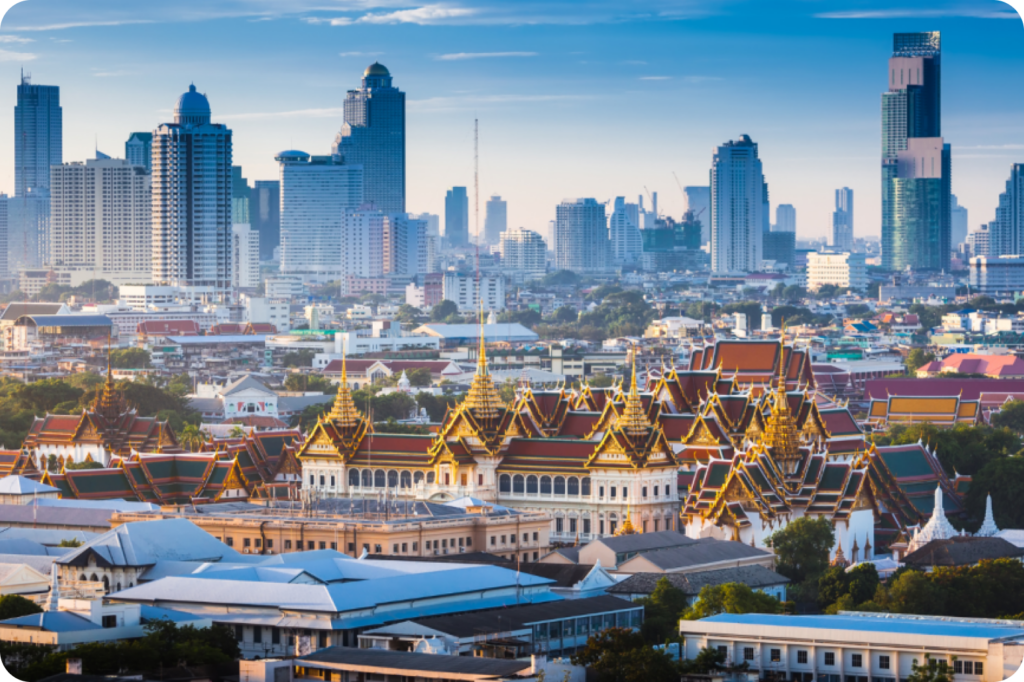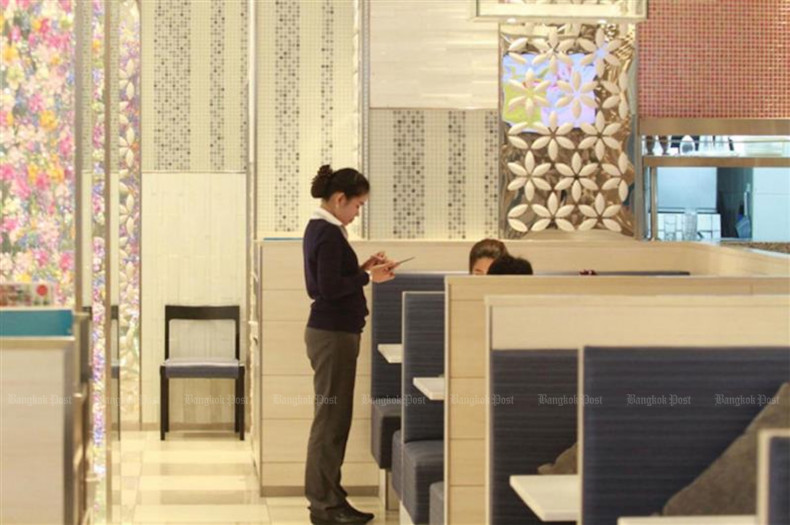Environment in Bangkok: Striking a Balance Between Growth and Sustainability

Bangkok, a bustling metropolis known for its vibrant culture and dynamic economy, faces unique environmental challenges as it continues to grow. From urban development to air quality, the city’s efforts toward sustainability are shaping its future.
Urban Green Spaces
Despite its urban density, Bangkok is home to several green oases such as Lumpini Park, Benjakitti Forest Park, and Chatuchak Park. These public parks not only offer residents a space to relax but also contribute to reducing heat and improving air quality in the city. Initiatives like the Green Bangkok 2030 project aim to increase green space per capita and promote eco-friendly urban planning.
Air Quality Management
Air pollution, particularly PM2.5 levels, remains a significant concern in Bangkok. The city has introduced measures like promoting electric vehicles, enhancing public transportation, and regulating industrial emissions. Efforts to raise public awareness about air quality issues also play a crucial role in addressing the problem.
Waste Management and Recycling
With a population of over 10 million, Bangkok generates significant waste daily. The city has been implementing waste segregation campaigns and encouraging recycling to minimize environmental impact. Community-driven initiatives, such as waste banks and composting programs, are also gaining traction in various neighborhoods




